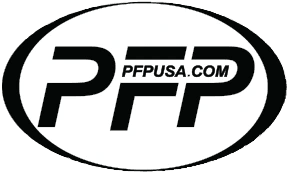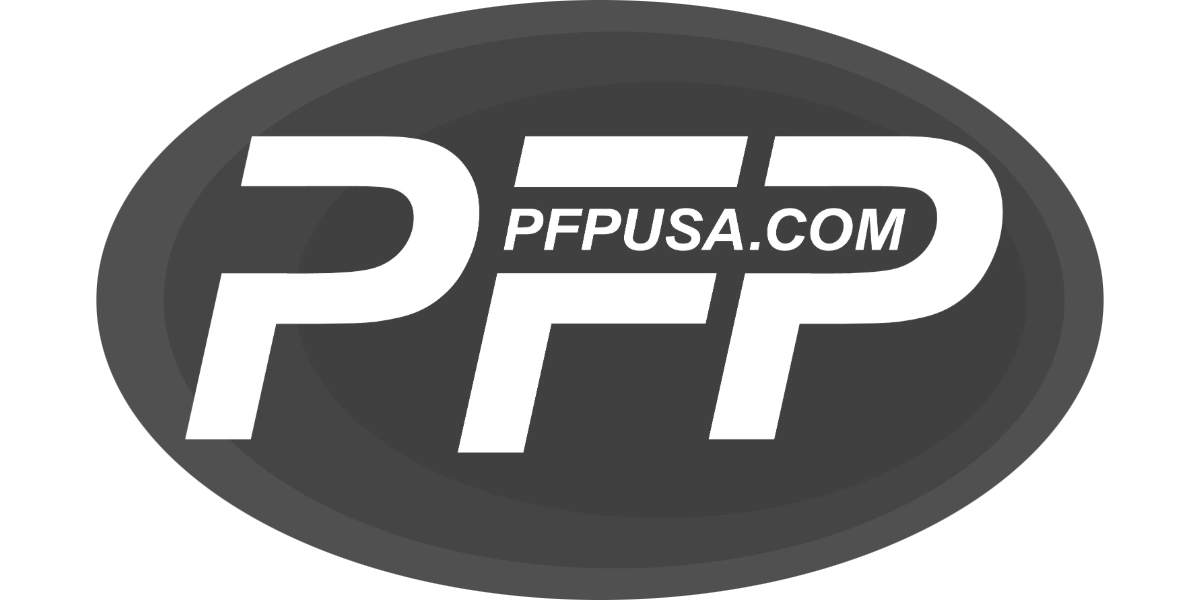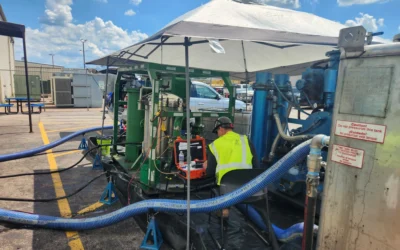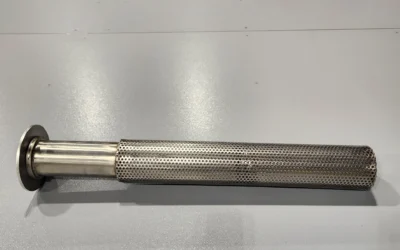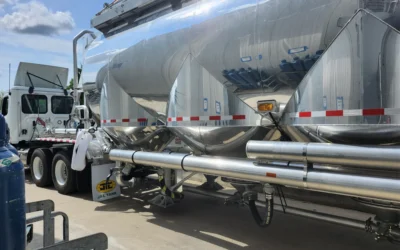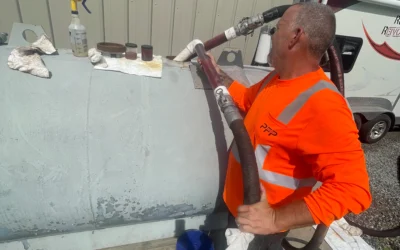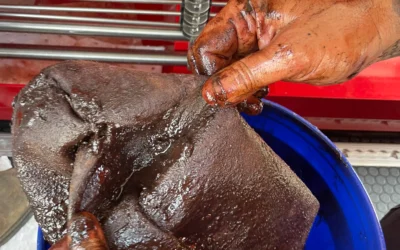SNAP… crackle… POP! Are those sounds coming from your hydraulic filter housing? Watch out, it may be accumulating static electricity. That could be dangerous. So how can you fix it? Continue reading…
If you consistently hear a clicking noise from within the filter housing you probably have a problem with electrostatic charge and discharge. This occurs when an electrical charge accumulates on a surface of lower conductivity and then discharges to a surface of lower relative voltage. When that happens it produces a spark, which is the cracking noise that you hear. This is actually a rather frequent problem that occurs with metal filter housings, such as those of portable filter carts. Unfortunately, it can result in burn marks and other damage to the filter element.
So how does the electricity build up in the first place? Here are the two main reasons:
1. Increased use of non-metallic materials in filter elements
2. Hydraulic oils with non-metallic additives
The recent increase of non-metallic materials used in filter elements has lowered their electrical conductivity, and thus increased the potential for electrical capacitance when they’re in operation. In the same manner, synthetic lube oils and oils with non-metallic anti-wear additives have a much lower conductivity compared to oils with zinc-based anti-wear additives. These non-metallic materials lower the total electrical conductivity of the fluid. All this increases the potential for the accumulation of electrostatic charge and subsequent discharge.
So how do you reduce electrostatic accumulation? Follow these 3 suggestions:
1. Increase the reservoir size. Increasing the oil volume or the reservoir size allows time for the static charge to dissipate gradually.
2. Increase the size of the filter element. Increased element size reduces the flow density and amount of charge generated.
3. Ground the entire filter housing and electrical system. Make sure to ground the piping, the filter housing, and the reservoir. This will prevent arcing to any conductors located nearby.
Do you have a question about our hydraulic filters or other filtration systems? Feel free to contact us anytime. Our friendly team of experts will be happy to help you out with your particular issue.
Until next time!
 Paul at Precision Filtration Products
Paul at Precision Filtration Products
P.S. Have you seen our latest videos? If not, click here to check them out now!
